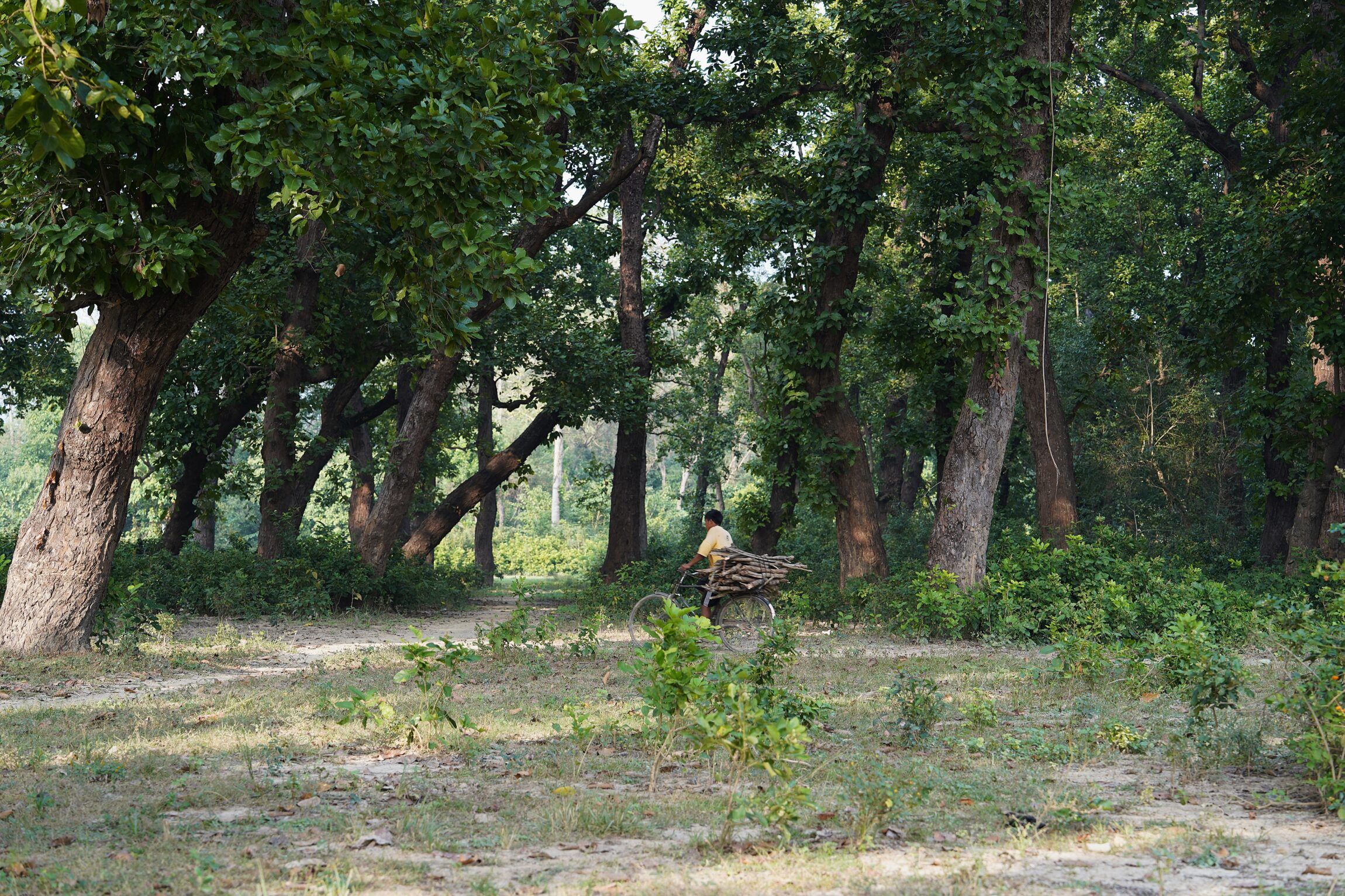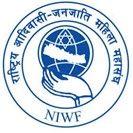The Issue
In the Kailali District of Nepal, women and marginalised groups, who are engaged in the protection, management, and utilisation of community forests face significant risks of gender-based violence (GBV). Despite their critical role in environmental conservation and management, these women are often subjected to various forms of violence, including physical, sexual, and psychological abuse. The intersectionality of gender discrimination and environmental vulnerabilities further exacerbates their plight. Traditional gender norms and power dynamics within communities perpetuate the cycle of violence, hindering their ability to access justice and support services. As a result, there is an urgent need for targeted interventions to address GBV within the context of community forestry.
The Project
The project focuses on empowering Women Environmental Human Rights Defenders (WEHRD’s) in Nepal’s Kailali District to combat GBV within the intricate dynamics of community forestry. Through strategic collaboration with local partners, RESIST endeavors to create a safer and more inclusive environment for WEHRD’s. Operating in Bhajani Municipality and Kailari Rural Municipality, the RESIST project enhances the capacity and accountability of 50 Community Forest User Groups (CFUG’s) while advocating for systemic change at local and federal levels. By fostering partnerships with traditional leaders, local authorities, and security forces, RESIST catalyzes transformative change and ensures the safety and rights of WEHRDs, ultimately contributing to the resilience of forest communities against GBV.

The Change
The RESIST project aims to catalyse transformative change by addressing the root causes of gender-based violence (GBV) and empowering marginalised women in Nepal’s Kailali district. Through capacity-building initiatives, advocacy efforts, and community engagement, we anticipate the following changes and expected results:
- Increased Awareness and Capacity: Local governments and community forest user groups will be equipped with the knowledge and skills to effectively prevent and respond to GBV. This will lead to improved coordination and implementation of GBV prevention strategies at the grassroots level.
- Empowered Women: Marginalized women, particularly Tharu women and Dalits, will gain confidence and agency to advocate for their rights and access support services. This empowerment will contribute to a more equitable distribution of resources and decision-making power within communities.
- Gender Norms Transformation: By challenging harmful gender norms and promoting positive masculinities, the project will foster a culture of respect, equality, and non-violence within CFUGs and traditional leadership structures.
- Sustainable Solutions: Through collaboration and knowledge-sharing among stakeholders, the project will generate sustainable solutions for GBV prevention and mitigation. This will create a ripple effect, leading to long-term social, economic, and environmental benefits for the entire community.
The project will create a safer and more inclusive environment where women human rights defenders can thrive and contribute to positive social change.
The Results
During the project’s third quarter, the project successfully engaged 321 direct project stakeholders, including 182 women and 139 men. Among them, 217 community forest user group members, 15 traditional leaders (Valmansa), 21 local government representatives from Kailari Rural Municipality and Bhajani Municipality and 18 key stakeholders representing OCMC, Safehouse, Judicial Committee, Police Officials and Mediators participated in the project events.
- 50 women of CFUGs are aware of environmental legal frameworks and human rights-related instruments (GBV-related laws, policies and plans).
- In total 60 women and 40 men members representing CFUG members, local elected representatives, security personnel, Valmansa, Tharu Welfare Society representatives and local government officials have been engaged in discussion for finalising the Gender Analysis Assessment findings and provided their inputs.
Identified 50 male champions now have a good understanding of men’s engagement and their critical roles in preventing GBV and encouraging women in decision-making within CFUG settings.
Partners

National Indigenous Women’s Federation (NIWF): Established in 2000, NIWF is dedicated to empowering indigenous women in Nepal through indigenous knowledge practices and policy advocacy. With a robust network comprising of 48 Indigenous Women’s Organisations, seven Provincial Coordination Councils, and 66 District Coordination Councils, NIWF has a strong grassroots presence.

Dalit Women Right Forum (DWRF): Founded in 2007, DWRF focuses on reducing GBV and caste-based discrimination while promoting economic empowerment and political inclusion of marginalised women, Dalits, and Tharus in Kailali. DWRF’s extensive experience in addressing GBV, women’s rights, democracy, and governance makes it a key partner for the RESIST project.
Thematic Relevance
This project falls under the theme: Fight Extreme Inequality. At DCA, our mission is to strengthen and capacitate institutions, communities, local government, and civil society organisations/community-based organisation for risk-informed preparedness. We support our partner organisations in enhancing their skills in humanitarian assistance for rapid response, ensuring that they are equipped to effectively address crises as they arise. Additionally, we prioritise the development of women and youth leadership, empowering them to take active roles in disaster risk reduction and climate change initiatives. Through our efforts, we aim to foster a better understanding of risk transfer mechanisms and ensure that vulnerable communities are protected through social protection schemes. Working closely with local governments and stakeholders, we advocate for and enable a risk-informed decision approach, promoting resilient and sustainable development.
About this project
Title: RESIST: Women Enviromental Human Rights Defenders in Nepal Resisting Gender-Based Violence
Period: 2024-2026
Partners: NIWF and DWRF
Amount: 375,000 USD
Outreach: Approximately 375 Women Environmental Human Rights Defenders (WEHRDs) and members of 50 Community Forest User Groups (CFUGs)
Donor: IUCN


